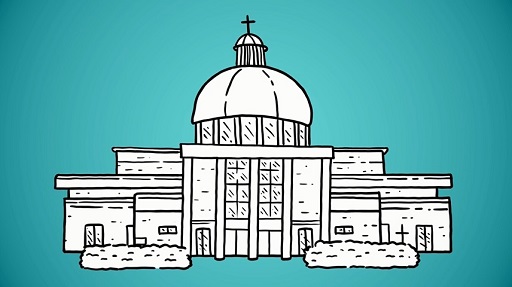5 Who am I?
The census data gives us some important information about changing societal trends in religious identity, yet these numbers cannot always capture the in-between categories, and the ways individuals are likely to create their sense of identity and values, which result in the individualisation (e.g. personal spiritual practice) and pluralisation (e.g. Christian – Buddhist – Spiritual) that are taking place, particularly in a Western European context (Müller et al., 2012). Some scholars claim that religion is becoming more private or privatised as a result of our consumer society, in which the individual practitioner is encouraged to customise their spiritual experience by picking and mixing elements that make sense to them, rather than follow a religious path or belong to one religious community.
So, what kind of religious practices and rituals do modern, urban, plural, secularised individuals and communities engage in? As the census data shows, the ways in which we celebrate life and commemorate death are radically changing. Scholars sometimes refer to the rituals that accompany such big changes as ‘rites of passage’, given that in ancient and traditional societies rituals often involved crossing a boundary (the tribal or village boundary for instance) and the rituals were constructed and envisaged as a journey. This is particularly relevant in the case of funerary rites, which have been noted for their depletion and shrinkage with the transition to modern, urban societies. This does not mean that we modern humans care less about our departed loved ones. Philippe Ariès, a French historian, famously claimed that this reduction in the rituals that used to surround death in traditional communities is caused by, and implicitly is causing, an inability to deal with the death of our loved ones. So, what do we modern humans do about life’s big transitions, and what does this mean?

Transcript: Video 2 Who am I?
Steve’s reflection on his religious identity does seem to confirm scholarly views that traditional religious identities are not being ‘transmitted’ from the older to the younger generations. While Steve was raised as a Catholic, he is not too sure about his own religious identity, and we can see his dilemma between maintaining a traditional Christian practice in his son’s Christening, or adopting a more secular celebration of birth. Identity – ‘who am I?’ – is of course very much related to ‘what do we do?’, as will be seen in the next section.
